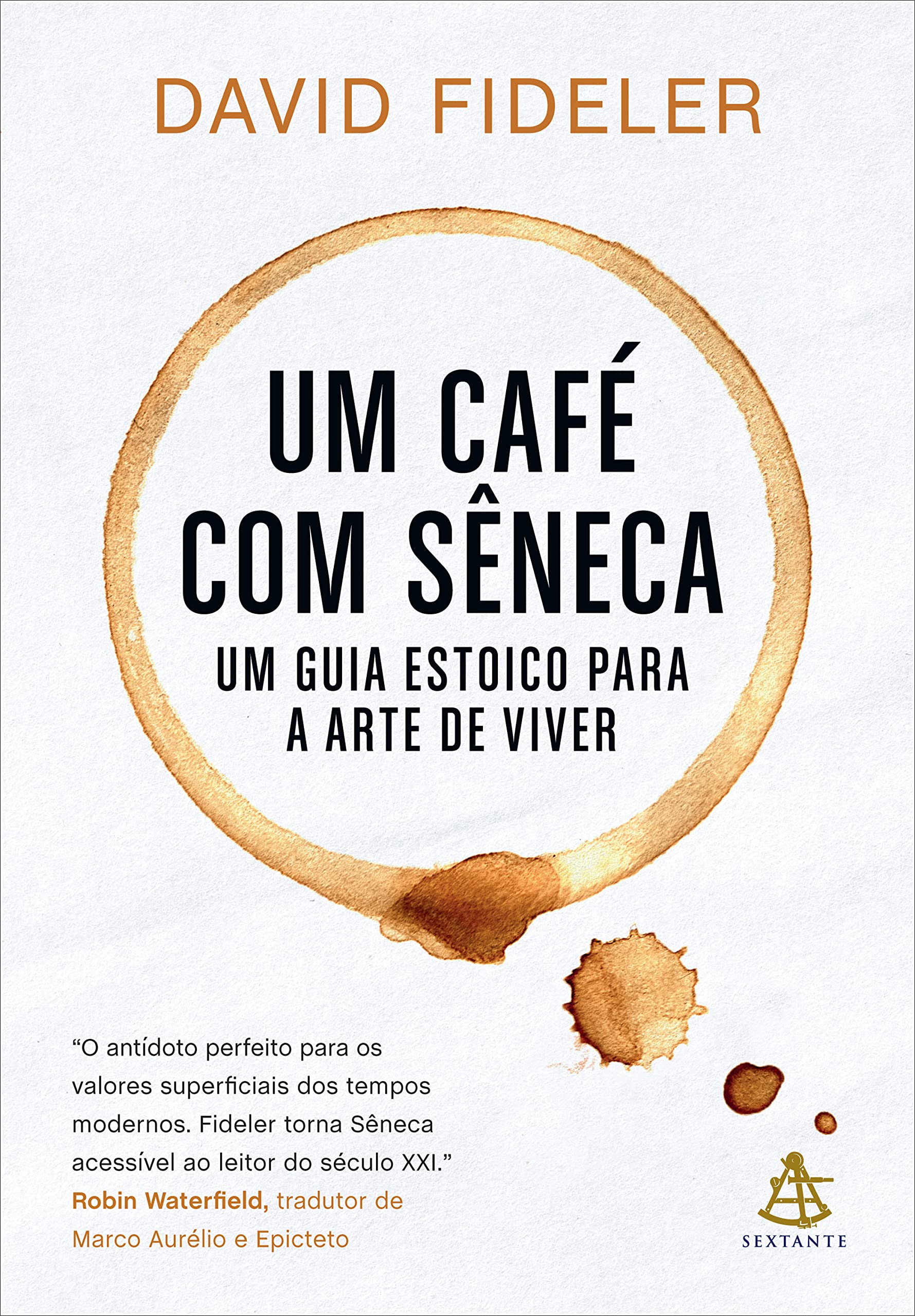What do you think?
Rate this book


240 pages, Paperback
First published December 14, 2021
“What I also discovered in Seneca’s writings is that nothing significant has changed in human nature over the last two thousand years, which made everything he had to say contemporary. Vanity, greed, ambition, pursuit of luxury, and runaway consumerism—aspects of Rome’s elite, decadent society that Seneca described in detail—are all still very much with us.
But countering these negative aspects of human behavior, Seneca teaches his readers how to overcome worry and anxiety; how to live a good life under any conditions; how to live with purpose and cultivate excellence; how to contribute to society; and how to overcome grief and all kinds of obstacles that might (and certainly will) cross our paths. …
Despite the very high level of interest in Stoicism today, no one has written a book explaining Seneca’s teachings for the general reader, even though he’s been called ‘the most compelling and elegant of the Stoic writers.’ I hope this book will fill that void, and provide a bird’s-eye view of his thinking. …
This book might satisfy the entire curiosity of some readers about Seneca’s philosophy. But for those who wish to continue on to Seneca’s actual writings, or to host their own breakfasts with Seneca, may this guide serve as a helpful companion in that quest.”
~ David Fideler from Breakfast with Seneca